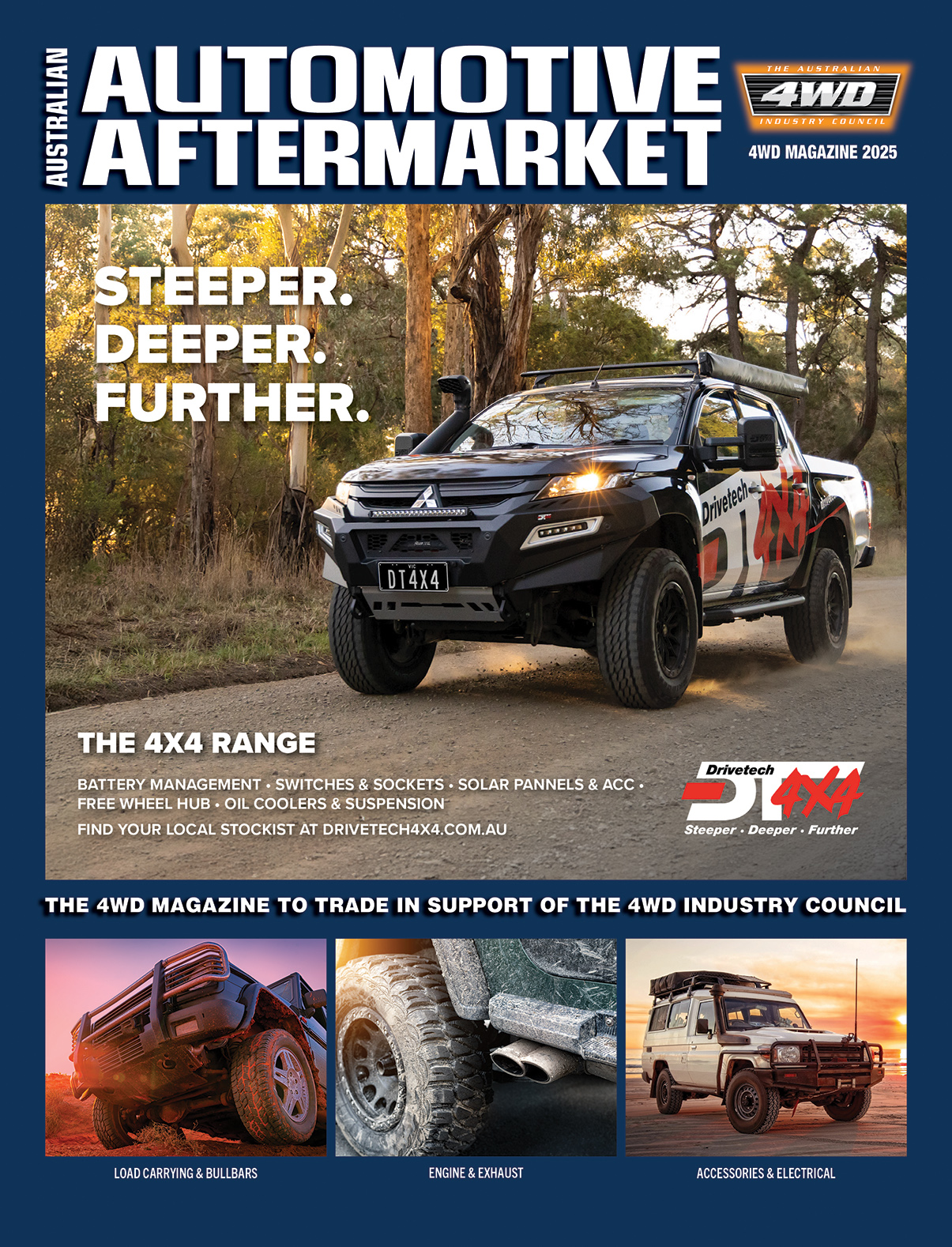VACC REJECTS PROPOSED MOTOR VEHICLE INSURANCE CODE
The organisation says it is “not fit for purpose”

The Victorian Automotive Chamber of Commerce (VACC) is calling for fundamental reform to address power imbalances in the insurance repair industry.
In late June, the VACC submitted a comprehensive response to the draft 2025 Motor Vehicle Insurance and Repair Industry (MVIRI) Code of Conduct, unequivocally rejecting the proposed code as “not fit for purpose.”
In its submission, the VACC states that the draft code fails to address the power imbalances between insurers and repairers, disregards the professional expertise of automotive repair specialists, and lacks the structural reform required to ensure the integrity and viability of a truly self-regulating industry.
“We do not support the current draft code. Rather than creating a fair and balanced regulatory framework, this draft threatens to entrench the existing power imbalances that have plagued our industry for decades,” VACC Chief Executive Officer, Peter Jones, said.
The submission, informed by extensive feedback from VACC members across Victoria and Tasmania through written submissions and industry forums, identifies several critical failings in the proposed code.
The draft code grants insurers excessive control over repair methodologies, parts selection, and pricing structures while marginalising the professional expertise of qualified repairers.
Noted as particularly concerning are provisions such as Clause 6.2(c), which grants repairers “permission” to include essential costs like paint, parts, and mandatory environmental levies, highlighting shifts in authority that legitimise insurer overreach.
The VACC commissioned The Honourable Michael Whitten KC, one of Australia’s pre-eminent barristers, to examine the draft Code. His analysis reportedly identified significant technical drafting issues and highlighted how the draft Code reflects a bias towards insurers whilst failing to support fair market conditions.
Daniel Clough, an experienced competition law barrister, prepared the submission in consultation with VACC members, with the VACC stating this has ensured it is both legally sound and grounded in practical industry realities.
“The depth of concern expressed by our members during this consultation process has been extraordinary. From small family-owned workshops to larger repair operations, the message has been consistent – this draft Code does not address the fundamental issues facing our industry,” Daniel said.
Specifically, the Code Administration Committee (CAC) requires urgent reform to be more representative, transparent, and accountable to all stakeholders, including consumers, says VACC, which is calling for the CAC to be restructured to include independent members, end-user advocates, and technical experts.
VACC says the draft Code also fails to adequately regulate the use of artificial intelligence in assessments, potentially creating unfair advantages for well-resourced insurers.
It states the motor vehicle insurance and repair industry has long been recognised as suffering from structural power imbalances, noting that the 2005 Productivity Commission identified that major insurers wield strong negotiating power with generally much smaller repairers. This situation has only intensified with increased market concentration and technological complexity.
“Repairers are highly skilled professionals whose work underpins both road safety and consumer confidence. They are best placed to prepare repair estimates that reflect proper work methods and parts required to return vehicles to manufacturer standards,” Daniel said.
The VACC is advocating for substantial reforms, including mandatory payment for repair estimates requested by insurers, reciprocal timeframes requiring insurers to accept or reject estimates within five business days, fair dispute resolution processes with appropriate cost allocation, and robust warranty arrangements that don’t unfairly burden repairers.
For more information, visit www.vacc.com.au






